Our speakers for the final Rural Voices panel session in 2021 were specialists in developing and undertaking new research to uncover and make accessible queer rural stories.
Norena Shopland discussed how rural heritage organisations can utilise her research to showcase a queer reading of the local landscape, while Joe Jukes touched upon understanding of the word ‘queer’ and how it could provide a different approach to telling marginalised stories, whilst pushing for change. Tim Allsop collects life stories of rural queer people and mediates them through technology, theatre, and film. Together with Sally Dix from the Museum of East Anglian Life, Tim shared his experiences of using performance art to explore these life stories with wider audiences.
This session was hosted by Rachael Thomas, curator and conservator, based in Inverness.
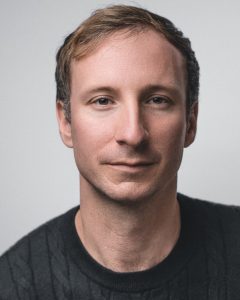
Tim Allsop is an actor, writer, and director. After studying History at Balliol College, Oxford, Timothy trained as an actor at the Guildhall School of Music and Drama. Tim holds an MA in Creative Fiction from Royal Holloway.
His plays include Open (co-written with Chris Adams) and fiction work includes The Smog, along with various short story publications. He is co-leading the Queer Rural Connections Project, writing the original play based on real life interviews, and directing the live theatre production and film. The film is currently being screened in film festivals. @TimothyCAllsop1
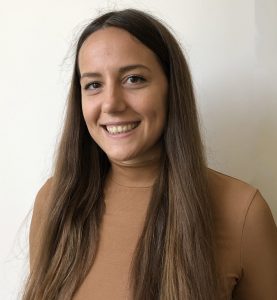
Sally Dix is an Audience Development Officer at the Museum of East Anglian Life in Stowmarket, Suffolk. She has worked on various projects that have helped to engage audiences with LGBTQ+ history. In the summer, Sally curated ‘Dining with Pride’, a temporary exhibition exploring the lives, loves and achievements of a number of people from the LGBTQ+ community in Suffolk; past and present. The museum also worked alongside Timothy Allsop to host multiple performances of ‘The Stars Are Brighter Here’, a play exploring LGBTQ+ rural lives in the countryside.
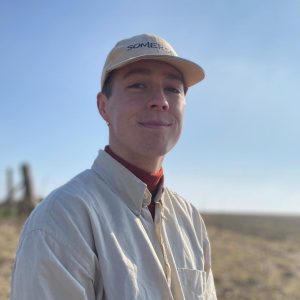
Joe Jukes (they/them) is a PhD researcher at the Centre for Transforming Sexuality and Gender, University of Brighton. Joe’s research concerns rural queer experiences, relations and emotions, asking how we might think about the countryside’s LGBTQ+ communities differently.
Joe has presented their research for the Arts and Humanities Research Council, at the Media, Communications and Cultural Studies Association, and has written for CPRE – The countryside charity. They also curated the exhibition Queer Constellations at the Museum of English Rural Life, which showcased 8 artists from across UK and Ireland. @jsdjukes
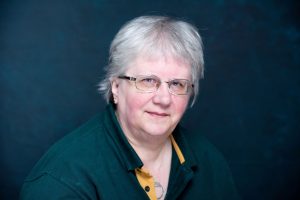
Norena Shopland is an author/historian specialising in the history of sexual orientation and gender identity, particularly in reference to Wales. Her book Forbidden Lives: LGBT stories from Wales (Seren Books, 2017) is the first completely historical work on Welsh sexual orientation and gender identity.
Queering Glamorgan and A Practical Guide to Searching LGBTQIA Historical Records (Routledge, 2020) have become very popular as toolkits to aid people doing original research. Shopland’s latest book A History of Women in Men’s Clothes: from cross-dressing to empowerment (Pen and Sword Books, 2021) looks at thousands of individuals who cross-dressed, cross-worked, and cross-lived as men. @NorenaShopland
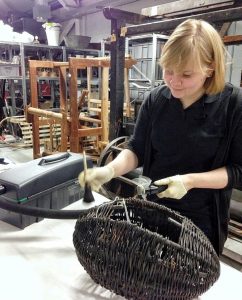
Rachael Thomas is a museum curator and conservator, based in Inverness, who has worked with collections across the Highlands of Scotland. Most recently this has included time as Assistant Curator at Auchindrain Township in Argyll, and as Project Conservator during Gairloch Museum’s award-winning reinterpretation. Her areas of interest include the material culture of Scotland’s Gypsy/Travellers, and the interior decorations, fixtures and fittings of Scotland’s vernacular buildings. She is secretary of the Rural Museums Network. @rachaelthomasconservation

Pingback: RMN’22 – Digging Deeper: Telling the Stories of Rural LGBTQ+ Lives | Rural Museums Network